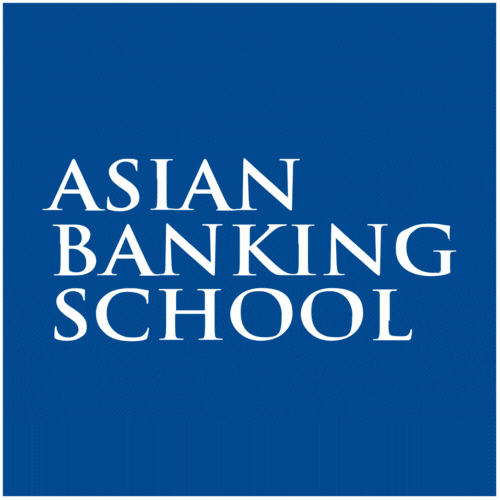Matthew Gardiner is the founder of CatchLondon. He consults to banks, financial institutions, FinTechs, high growth technology businesses, corporations, ‘Scale Ups’ and VCs on blockchain, payments, compliance, risk, cyber security and data architectures. He is an incisive public speaker, up to the minute on developing emergent strategies with FinTech, Blockchain, AI, AR, VR, IoT, SaaS, DaaS, Cyber Security, Open Banking API, PSD2, MiFID II, InsurTech, EdTech and other emerging technologies including BioTech, AgriTech and PropTech.
Matthew has substantial networks in the UK, US, APAC and MENA spanning banks, FinTech companies, corporate VCs and insurers including Blockchain.com, Innovate Finance, the FCA's Regulatory Sandbox, Barclays, Lloyds, HSBC, State Street, Rise, Level 39, E&Y, PwC, Google Ventures, People’s Bank of China, China Life, TenCent, Alibaba, PPMG, MPesa Transfer Wise, Revolut, Braintree, VocaLink, MoFo, Union Pay, Open Banking API and WC3. He is a mentor at FinTech accelerators in London, New York and Hong Kong. He sits on the Advisory Board of Lysis Financial, a regulatory advisory firm, speaks at CSFI FinTech events and is a contributor to The FinTech Book.
Matthew is a visiting lecturer at Cass Business School Executive Education where he has led programmes for C-Suite level banking, financial services and cyber security delegates with diverse portfolios from EMEA, APAC and MENA. He is scaling engagement with NGOs and tech companies in 27+ countries at Techfugees.com.

